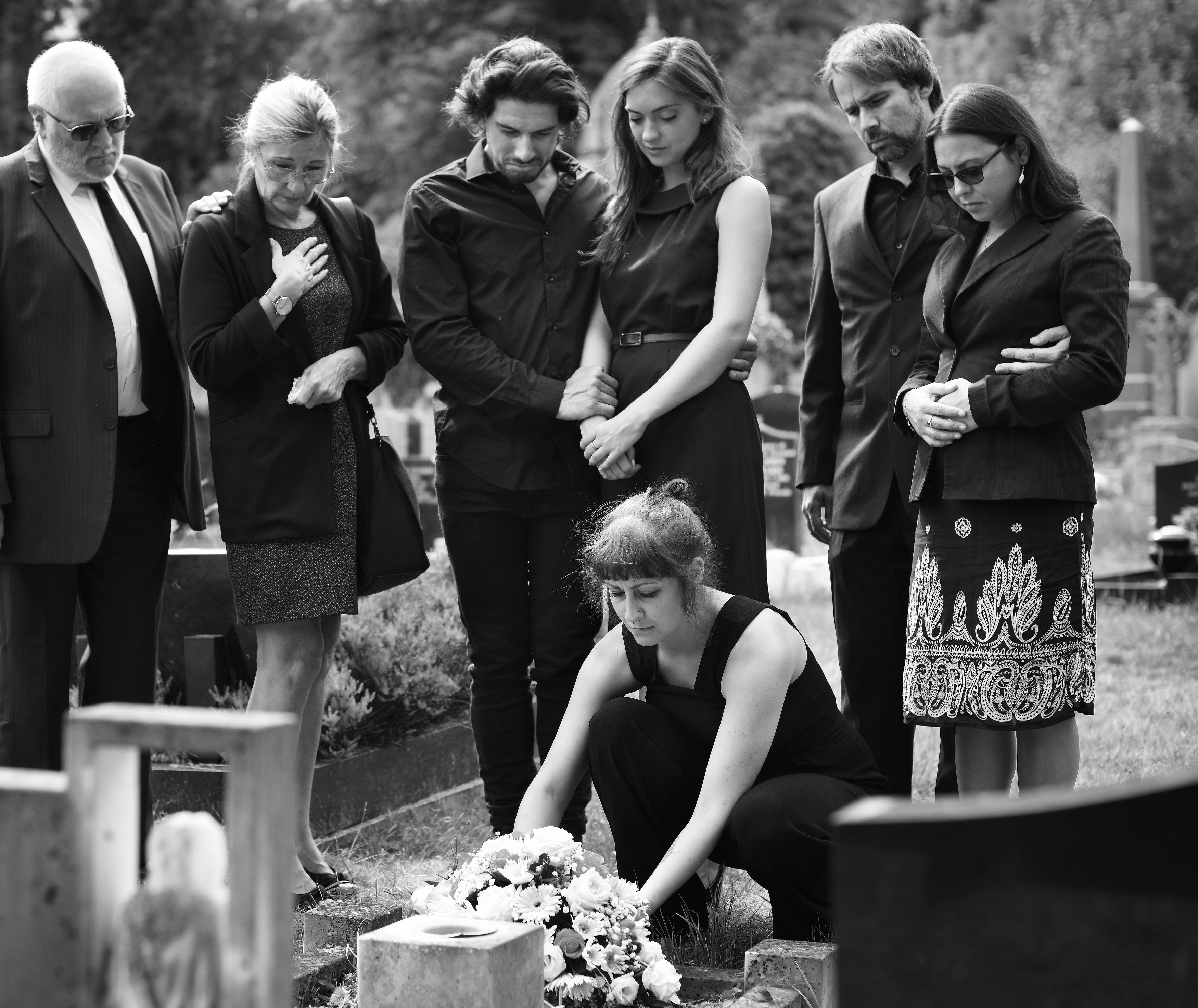Be a Conduit, Not Just a Container
As anyone would note, access to water has been essential for any civilization to survive and thrive. According to historians, the first evidence of a settled civilization started around 3100 BC. They believe these people settled in Mesopotamia because of its rich and fertile soil. These optimal soil conditions develop due to cyclical flooding of the Tigris and Euphrates Rivers. This fact is not surprising as many densely populated areas are usually located near ample water supplies. Being close to a readily available water source was especially critical in ancient times as they lacked an efficient way to transport that water. However, this dramatically changed during the reign of the Roman empire.
Around 312 BC, the Romans created the first aqueducts. Those aqueducts used gravity flow to transport water from far away sources into the cities. As a result, these water conduits now allowed people to receive life-giving water, miles away from the primary water source. This new technology meant that people could now survive and thrive in places that were once barren. These systems also served as examples for today’s water transportation systems.
Today’s modern systems use the same principles. Water is stored or drawn from a primary source and then delivered through an intricate system of pumps and pipes spanning many miles. These systems can provide millions of gallons of water daily to individuals, many miles away. Scripture reminds us that we, too, are to be conduits, not only containers of the life-giving message of the gospel. In essence, everything God pours into you, you’re to share with others so they too can survive and thrive.
Daily Directive:
Answer and Journal the Following
Read:
John 7:37-38
On the last day of the feast, the great day, Jesus stood up and cried out, “If anyone thirsts, let him come to me and drink. 38 Whoever believes in me, as the Scripture has said, ‘Out of his heart will flow rivers of living water.’”
Pray:
Pray for courage to be obedient to what God calls you to do.
Meditate / Make It Real:
Contemplate and meditate on or memorize the passage. What is God saying to you? Then, determine what you will do with what you’ve learned.
Share / Show:
Share and show what you’ve learned with someone else.





